A few months ago, I was scrolling through TikTok when I saw a video of Shrek on a giant screen at a rave, happily gamboling through his swamp to a remixed version of “Boom Boom Boom Boom.” Then the beat drops, and he starts stomping and projectile vomiting all over the audience, lasers shooting out of his eyes. It’s truly a terrifying sight, particularly if you’re on molly, as many of the attendees likely are. But judging by their reaction in the video, they can’t get enough of it.
Rolling millennials’ gleeful reception toward the seven-foot-tall ogre is nothing less than a testament to the indefatigability of the Shrek franchise itself. The series, about a lovable ogre (Mike Myers) who is forced to save a princess (Cameron Diaz) from a locked tower, has spawned two spinoffs, three sequels, a musical adaptation, a Universal Studios ride, a bootleg internet reboot, and countless horny memes. The first sequel, Shrek 2, which celebrates its 20th anniversary on April 12, was for some time the highest-grossing animated movie in history; the franchise is, to date, the second highest-grossing of all time, just behind Despicable Me. Shrek fan art and shitposts also represent a sizable cornerstone of internet culture, with members of the fandom coming to be known as “brogres.”
All of this has happened despite it being fairly universally acknowledged that the Shrek franchise is kind of shitty. It has come to be viewed as a harbinger of big-budget, computer-generated sludge aimed at kids, prompting a trend of “pil[ing] celebrities into recording booths, feed[ing] them committee-polished one-liners and put[ting] those lines in the mouths of sassy CGI animals,” according to a 2021 retrospective by Guardian columnist Scott Tobias. As my colleague Miles Klee wrote in a 2018 piece on Shrek memes, “the further we got from the era of Shrek’s box-office dominance, the stupider it seemed — a hodgepodge of limp references and dated visual effects,” with irony-poisoned fans embracing it less “a narrative than a market item, or more accurately, a brand.”
I adored Shrek when I first saw it at my aunt’s house one Thanksgiving, cracking up with my cousins at the special karaoke feature of the Gingerbread Man singing “Do You Really Want to Hurt Me” and Donkey rapping to “Baby Got Back.” My friend Sam Schreck, in a move apparently intended to preempt schoolyard bullying over his last name, also loved it, throwing a Shrek-themed 11th birthday party by taking a group of friends to see it in theaters before going to the now-defunct restaurant chain Cosi and using the payphone to call Z100. It’s easy to see why kids, particularly older ones, loved it so much. When it came out. I was about 10, and I didn’t find any of the pop culture references gimmicky or pandering. On the contrary, it felt like the filmmakers respected my cultural intelligence enough to get the joke, regardless of whether it was particularly funny.
That view, however, has changed since I hit adulthood and became a parent myself. Though watching the movies you used to love through the lens of your offspring can often be a joyous communal experience, I never get that sense when my seven-year-old puts on Shrek or Shrek 2 or Shrek the Third (he doesn’t know Forever After exists, which, on the cusp of this Passover holiday, brings to mind the phrase dayenu: Had DreamWorks put out one Shrek and quit while it was ahead, it would have been enough for us). Each reality TV show reference and recognizable 1970s yacht rock hit and adorably rendered CGI sidekick was like a dagger to the heart, a portent of the bland, amorphous animated film landscape that was to come.
This legacy is particularly ironic given that, at the time that it came out, the Shrek franchise was indeed widely regarded as subversive. It represented the total inverse of the Disney brand, which at the time dominated kiddie entertainment: snarky where Disney was sweet, crude where Disney was subtle, pop culturally savvy where Disney was timeless. Shrek was one of the earliest projects from DreamWorks, the company former Disney president Jeffrey Katzenberg had started after being passed over for a promotion in 1994. Prior to starting DreamWorks, the über-ambitious Katzenberg had overseen the supervision of the so-called Renaissance of Disney’s animated films, including The Little Mermaid and Beauty and the Beast. With its myriad references to warbling princesses, cloying theme park animatronics, and lovable talking animals, Shrek was viewed by critics as a giant green middle finger to Katzenberg’s former employer.
The sequel, Shrek 2, went even heavier on the Disney digs, featuring anthropomorphized cartoon furniture a la Beauty and the Beast and a sequence in which Fiona spots a Little Mermaid doppelgänger getting too cozy with Shrek and tosses her back into the ocean. Such gags, though fairly par for the course in contemporary animation (even within the Disney company, which has started leaning into skewering its own brand, peaking with a princess-centric gag in Ralph Breaks the Internet), were a hit with fans and critics at the time. New York Times film critic Elvis Mitchell wrote that while “beating up on the irritatingly dainty Disney trademarks is nothing new; [it] has rarely been done with the demolition-derby zest of Shrek.”
In the years since, however, the Shrek franchise has been criticized for inspiring a wave of similarly pop-culture-reference-heavy, celebrity-driven animated films that dominated the kids’ entertainment landscape in the 2010s, such as the Trolls and Kung Fu Panda (from DreamWorks) and Despicable Me and Sing franchises (from Illumination). While not all of these films are bad per se, they all pretty much uniformly lean into the guiding proposition at the center of the first Shrek movie: Grown-ups, we know you don’t want to be here, so let us make it worth your while by tossing you a wisecracking Eddie Murphy and a few Dating Game references.
Still, there’s real heart beneath the great green belly of Shrek — you just have to know where to look. Shrek is, fundamentally, a happy outsider, someone who gives little thought to contemporary social mores and how he presents himself to the rest of the world — and likes it that way (in this sense, he’s a little like a kiddie Larry David). As he famously explains, “ogres are like onions,” in that they both have layers; when Donkey suggests that Shrek alter the simile to make it more appealing by invoking cakes or parfaits, Shrek snarls, “I don’t care what everyone likes. Ogres are not like cakes.”
So many children’s movies are centered around exceptional, ambitious characters: the most beautiful princess, the fastest car, the pluckiest bunny, the evillest supervillain, the most loyal toy. In presenting the world through the lens of extremes, these movies often fail to recognize that for many of the kids watching, most will not be the best at everything, or even reasonably good at one particular thing. Not everyone can be worshiped; many people find it difficult to even be liked. To see a protagonist who’s not only defined by his unlikeability and unremarkable nature, as well as his total lack of interest in trying to make himself palatable to mainstream society — and to see that character carve out a happy and functioning family and social world for himself — is kind of awesome.
This theme is also present in the 2004 sequel — arguably, through an even darker lens than the original. In Shrek 2, Shrek must contend with his disapproving in-laws, King Harold (John Cleese) and Queen Lillian (Julie Andrews), who are displeased with his daughter Fiona’s choice of suitor. So the King hires a hitman (the adorable Puss in Boots, voiced by Antonio Banderas) to murder him, so their daughter, who was placed under a spell at birth that turns her into an ogre at midnight, can break the spell and become a beautiful human. Devastated and angered by the lack of acceptance from his in-laws, Shrek drinks a potion to turn him and Fiona into gorgeous humans, which he thinks is what she ultimately wants based on a peek at her teenage diary.
There is a version of Shrek 2 in which that plot point would have sufficed as a happy ending in itself, and indeed, when I was a kid watching on DVD, I always wondered why that wasn’t the case: Why couldn’t Shrek and Fiona beat the bad guys and stay hot, together? Why would they opt to make their lives more difficult by actively choosing to be ugly? (I was 14, and obviously wildly shallow.) But of course, that’s not how the movie ends. Through a series of machinations, the potion drives Shrek and Fiona further apart, and when they are reunited, they choose to stay together as their ogre selves.
As an adult, I understand, for both commercial and screenwriting reasons, why Shrek 2 could not have ended with Shrek looking like a cartoon version of Henry Cavill. Still, I think emphasizing the importance of relinquishing your expectations for what you think your life should look like, and finding someone who loves you not in spite of your most ogreish qualities, but because of them, is a surprisingly sophisticated message for kids (and, let’s be honest, for most adults as well).
As the franchise progressed, Shrek started to lose some of its warm and gooey moral center, giving way to something harder and more cynical. Shrek the Third features the introduction of a forgettable prince character (voiced by Justin Timberlake), eschewing the focus on Shrek and Fiona’s relationship for a hackneyed body swap subplot; Shrek Forever After centers around Shrek’s malaise over becoming a domesticated family man with a hot nagging wife, essentially the animated version of The King of Queens. The pop-cultural references became more frequent, the casting choices more overtly celebrity-driven (Ryan Seacrest has a cameo in the fourth one, for some reason). Following the release of the last film, it briefly experienced second life as a Broadway musical, then third life as an ironic internet meme. And this is kind of where it stands to this day: When it’s not being lauded by millennials purporting to be horny for Shrek, or being referenced in visuals from raves, it’s being excoriated by serious connoisseurs of kids’ entertainment. The argument is usually that Shrek poisoned the well, birthing a slew of similarly flat-looking, cynically written big-budget animated films. “Shrek at 20: an unfunny and overrated low for blockbuster animation,” reads the headline to that Guardian column.
It’s unfair to place the death of blockbuster animation squarely on Shrek’s shoulders, in part because it’s inaccurate to say that it’s dead in the first place. The Super Mario Bros. movie was a more than $1.36 billion worldwide hit in 2023, as was Spider-Man: Across the Spider-Verse, and though Disney and Pixar’s 2023 efforts (Elemental and Wish) were disappointing, Frozen and Frozen II are to this day among the top five highest grossing animated films of all time. Kids’ movies still make money, and they will continue to do so for as long as there are parents looking for a way to kill two hours on a rainy Saturday.
But with YouTube increasingly dominating the kids’ entertainment space — to the degree that MrBeast makes an appearance in the latest incarnation of Kung Fu Panda — and animated movies containing topical references to shows like The Bachelor a dime a dozen, it’s hard to imagine a world in which the Shrek franchise could have been as big of a success had it come out today. Much like Sam Schreck’s Cosi Z100 birthday party, it is very much a product of its time. Its worst qualities are very bad, and its best qualities rarely appreciated. At the very least, it marks the final nail in the coffin for the film’s industry use of Leonard Cohen’s “Hallelujah.” But at the same time, in a landscape dominated by reboots and IP and algorithms determining what they think kids will like, maybe there’s a lesson to be derived from the fact that a farting, mossy-toothed, seven-foot-tall ogre was at one point the winner of the day, or that there’s something to be gained from not caring about being liked. Maybe Hollywood can learn from being an onion in a world of cakes.







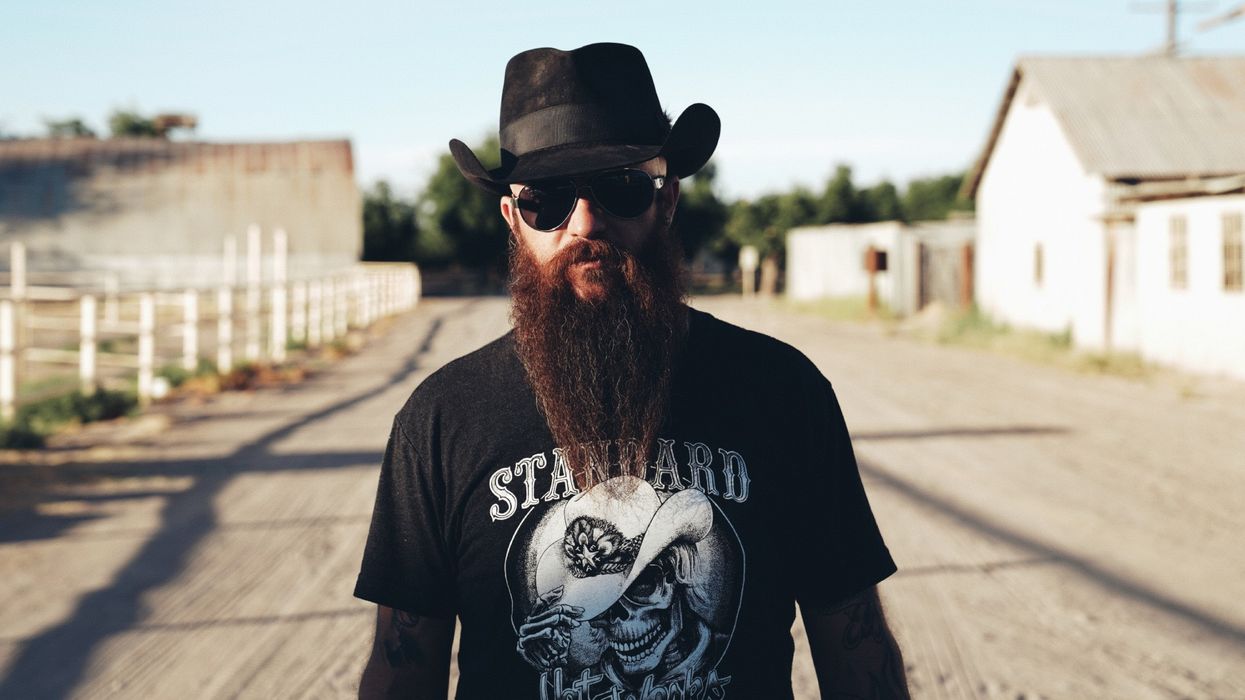
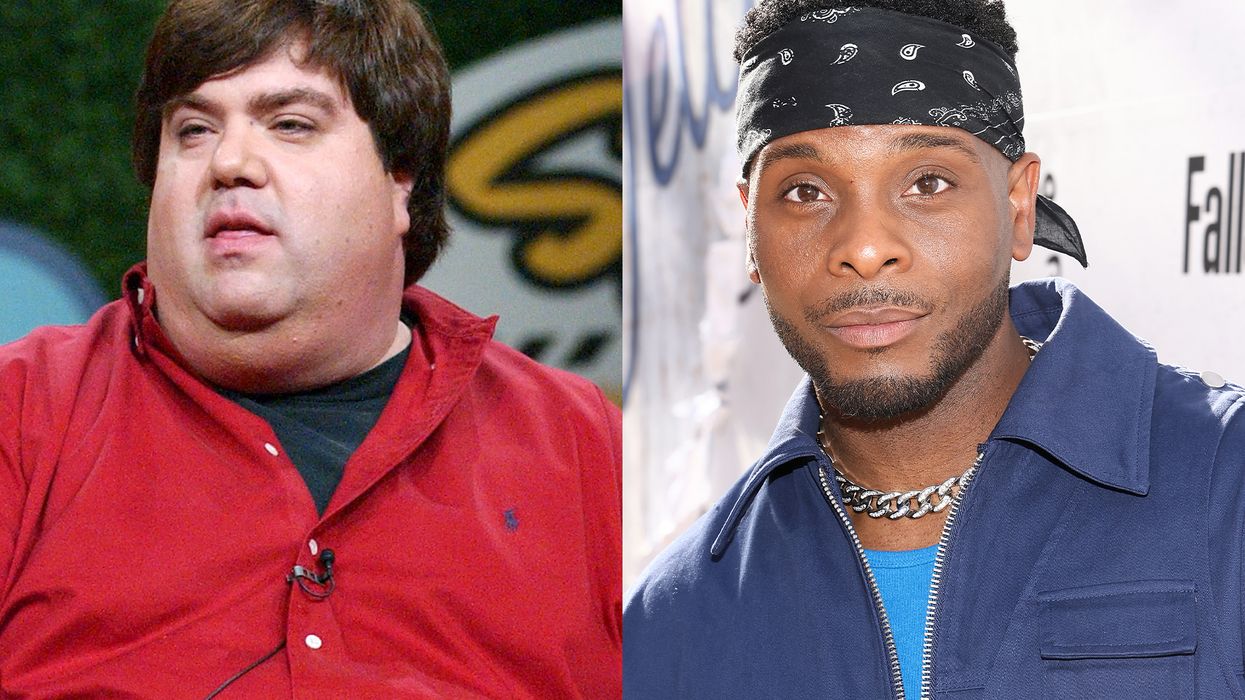
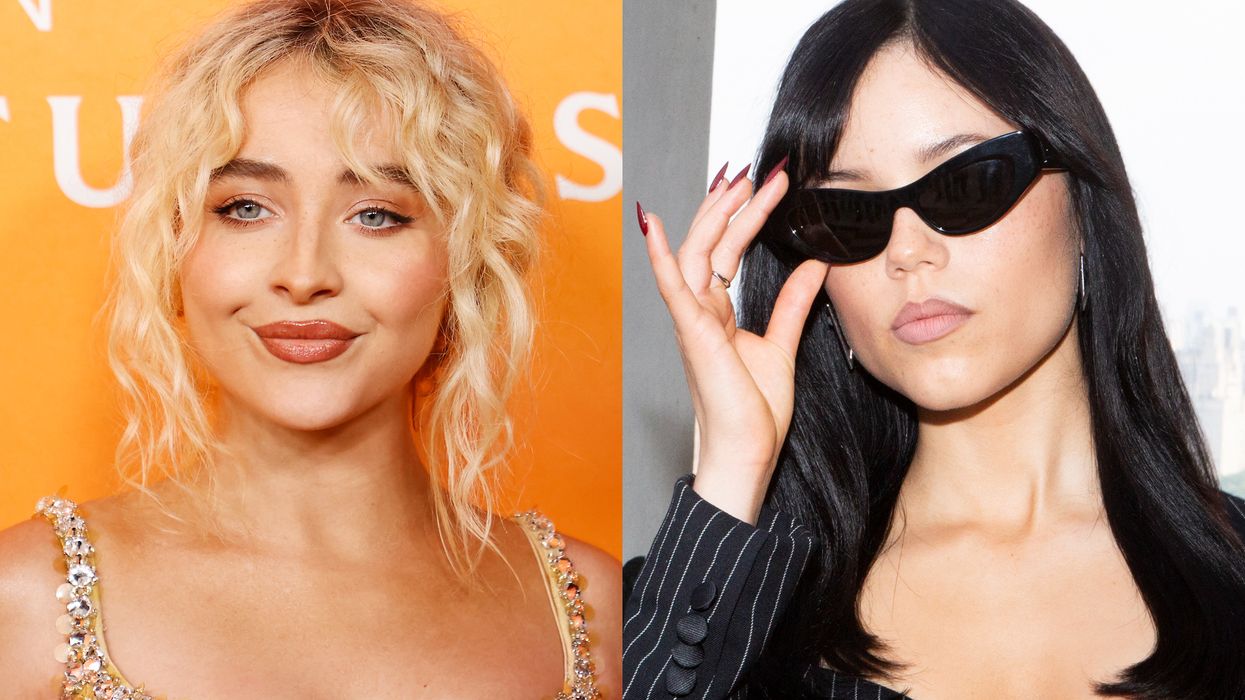
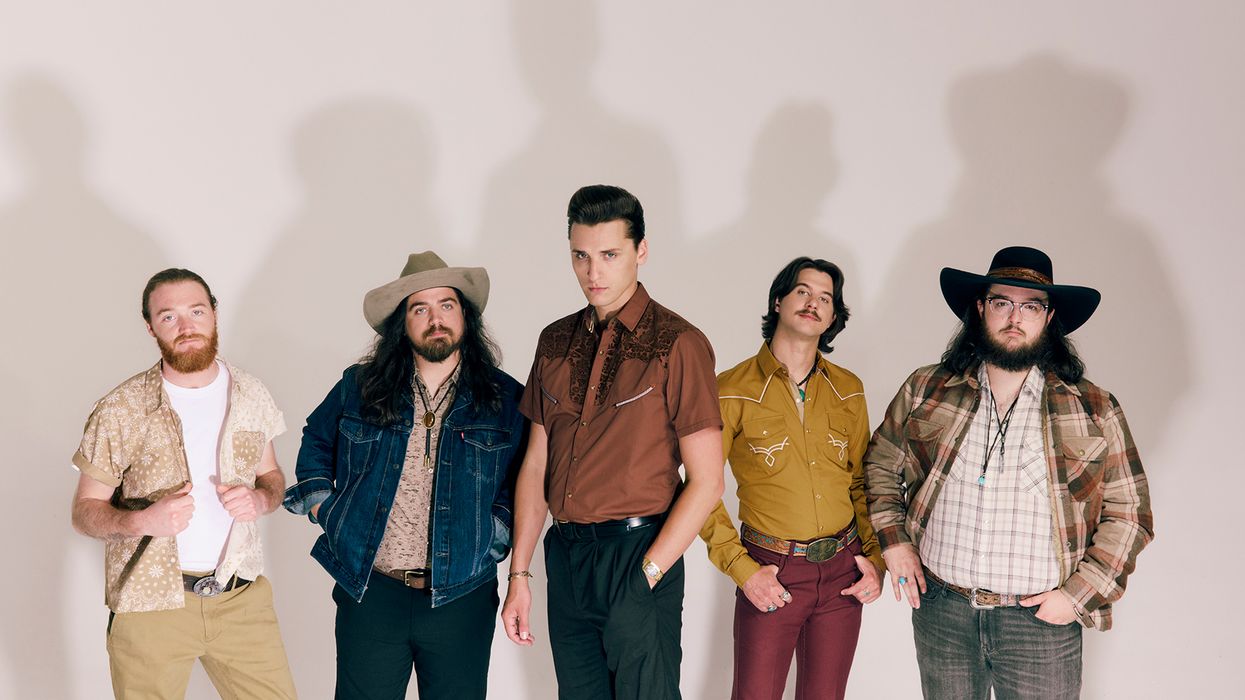
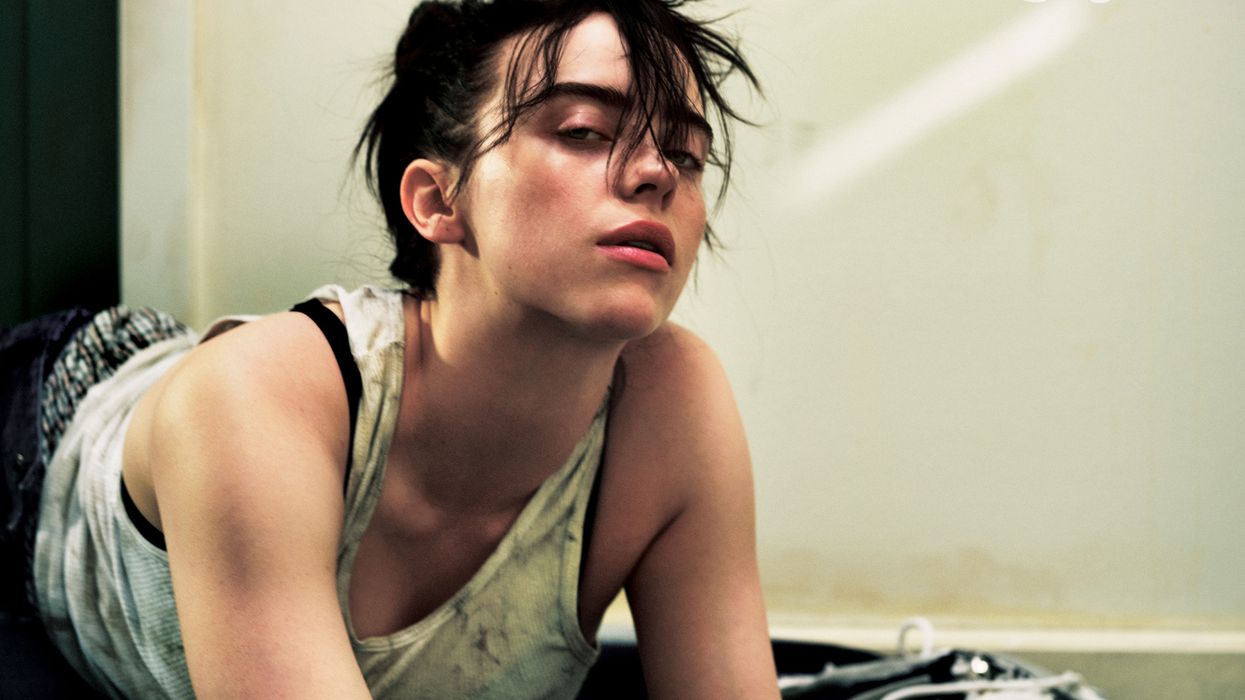


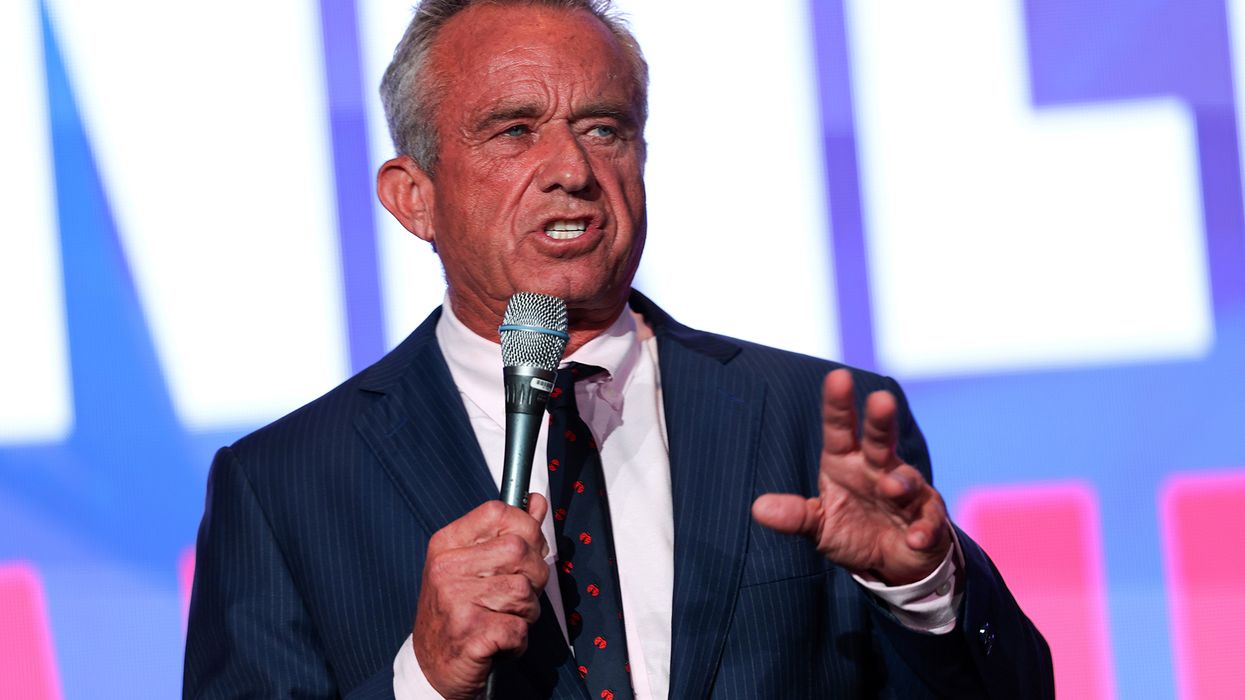
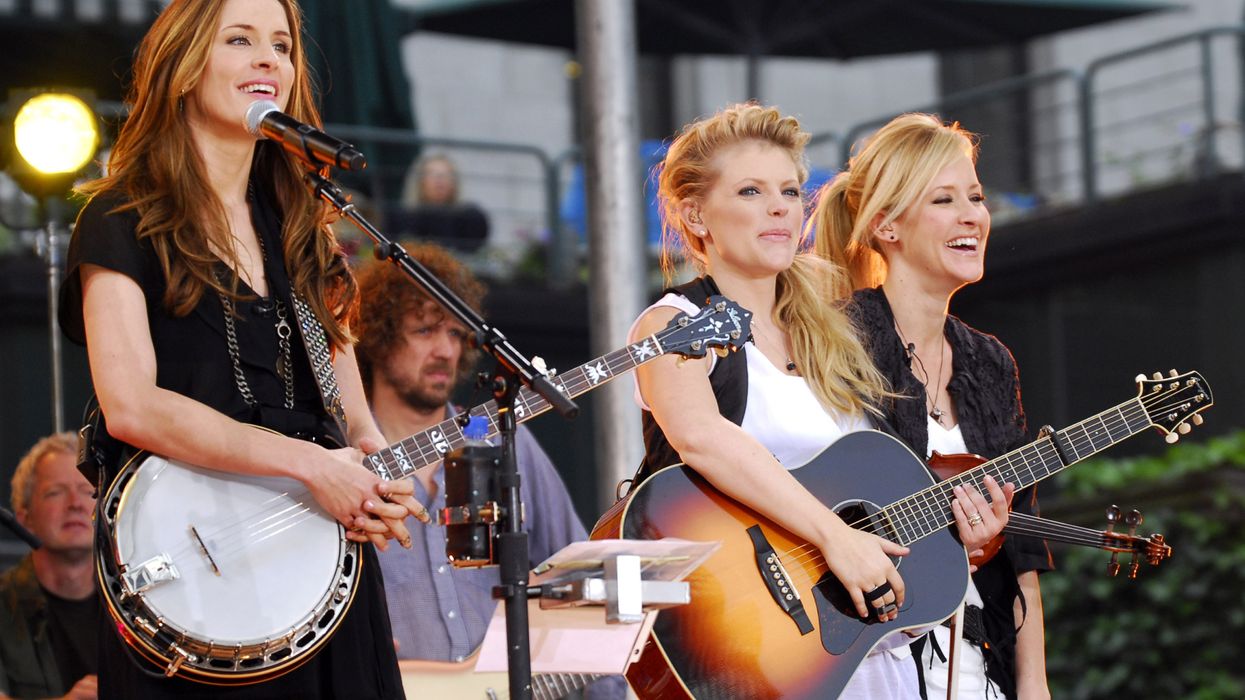

‘Shrek’ Ruined Kids’ Movies — But That’s OK